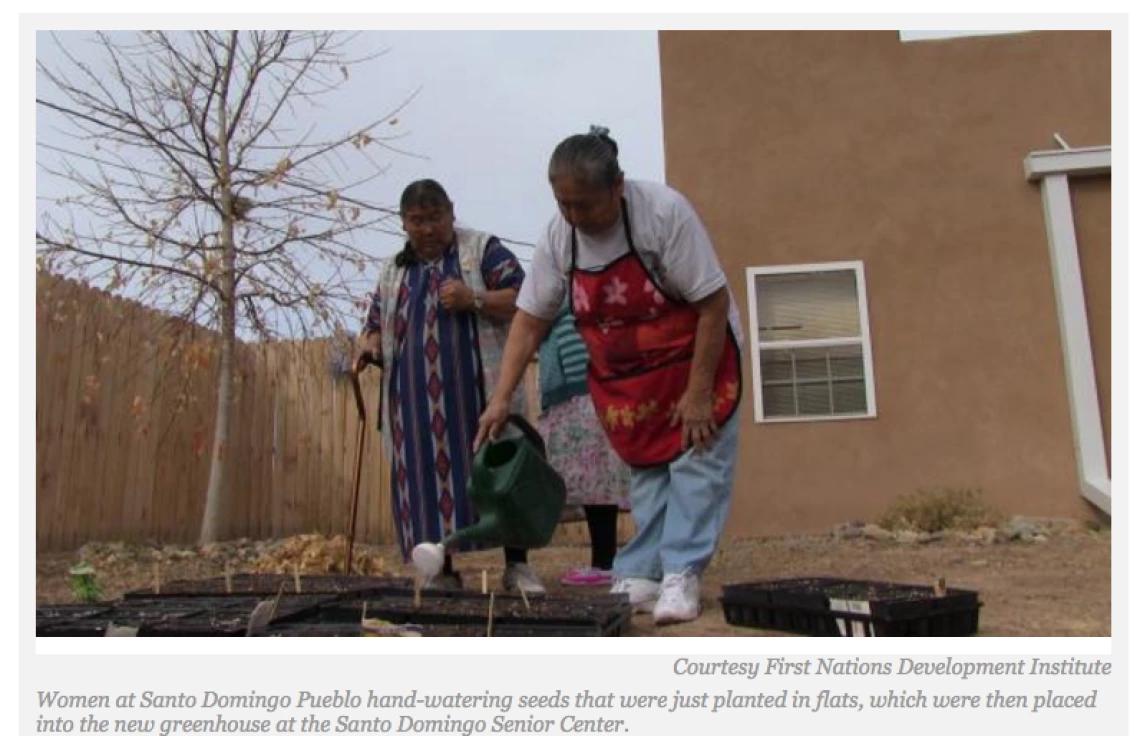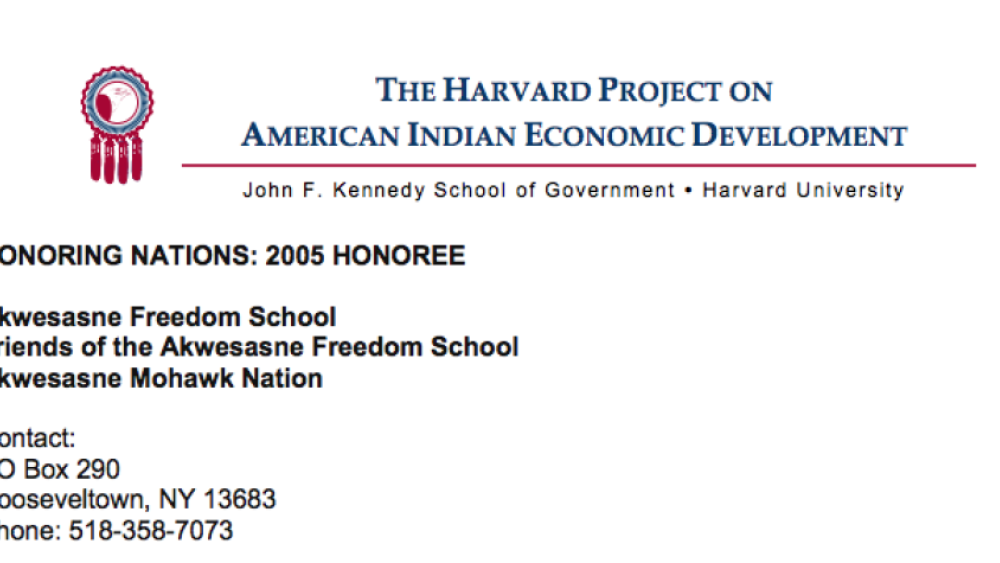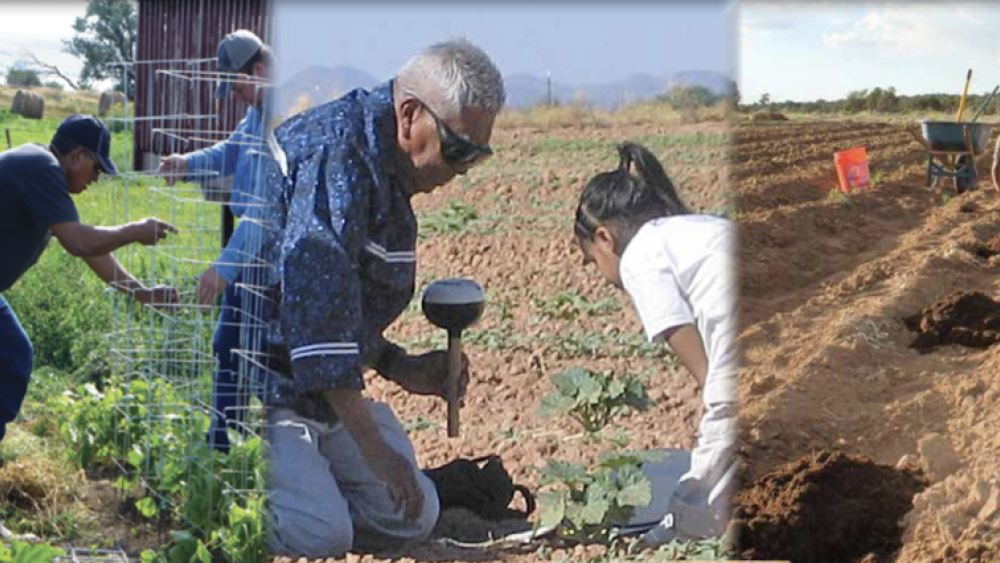Native American author, educator, activist, mother and grandmother Winona LaDuke, Anishinaabekwe, is calling on tribes to relocalize food and energy production as a means of both reducing CO2 emissions and of asserting tribes' inherent right to live in accordance with their own precepts of the sacredness of Mother Earth and responsibility to future generations.
She said during a recent presentation on climate change at Harvard University, "We essentially need tribal food and energy policies that reflect sustainability. Tribes [as sovereign nations] have jurisdiction over food from seed to table and we need to take it or else USDA will take it…The last thing you want is USDA telling you how to cook your hominy, that you can't use ashes in it…I am the world-renowned, or reservation-wide renowned, beaver tamale queen. So who's going to come to my house and [inspect the beaver]? I don't want USDA in my food. I want us to exercise control over our food and not have them saying we can't eat what we traditionally eat."
LaDuke was talking about tribal food sovereignty...
Additional Information
Lee, Tanya H. "Winona LaDuke: Keep USDA Out of Our Kitchens." Indian Country Today Media Network. December 2, 2013. Article. (https://ictnews.org/archive/winona-laduke-keep-usda-out-of-our-kitchens, accessed February 23, 2023)




